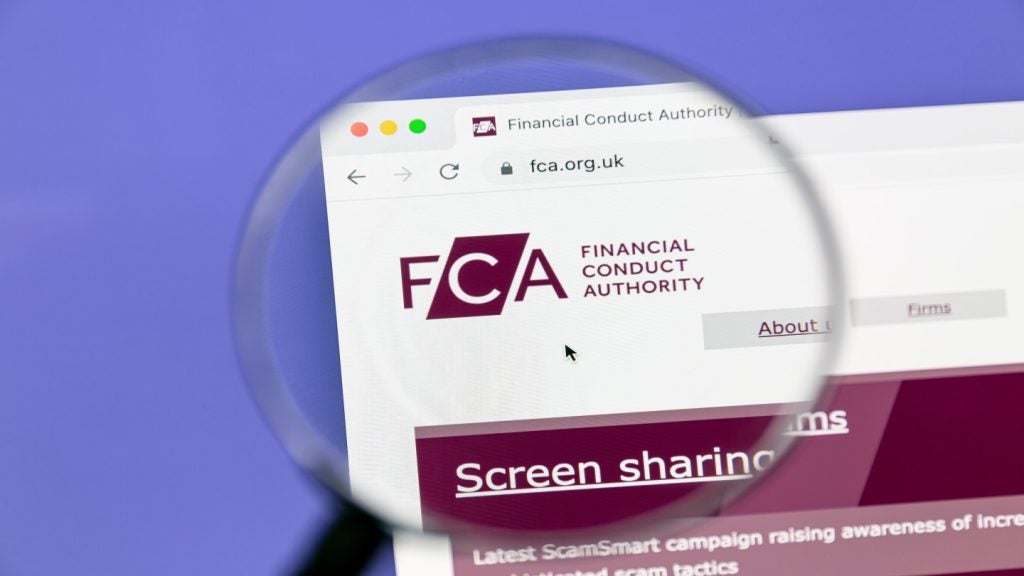In the August issue of Motor
Finance, Greg Standing writes about a case concerning unfair
contract terms that sends out a warning to companies that use
standard form contracts for consumers – and cautions against
heavy-handed collection methods.
A recent law case (The
Office of Fair Trading v Ashbourne Management Services) focused on
contracts used by Ashbourne Management Services, a company that
administers membership contracts and collects subscriptions on
behalf of 700 UK gyms.
The contracts specified
minimum membership periods of 12, 24 or 36 months and required gym
members to stump up the whole of the minimum payment if they wanted
to terminate their memberships early.
Also, if members
defaulted on their subscriptions Ashbourne registered, or
threatened to register, members as defaulters with credit reference
agencies for the full amount of the membership fees payable. This
was so, even for minor defaults, or in cases where payments were
genuinely in dispute.
The court listened to
evidence about gym members tending to overestimate how often they
would use the gym, and that often they stop using it altogether
after two or three months. Ashbourne knew this, and its business
model was designed to take advantage of the naivety and
inexperience of members, trapping them into long contracts without
warning them of the associated risks.
The court decided that
this created a significant imbalance in the parties’ rights, and
was contrary to good faith in the case of the two and three-year
minimum membership contracts and unfair under the Unfair Terms in
Consumer Contracts Regulations (1999). The one-year agreements were
also unfair if the members weren’t allowed to terminate their
membership in certain circumstances, such as illness or loss of
livelihood.
How well do you really know your competitors?
Access the most comprehensive Company Profiles on the market, powered by GlobalData. Save hours of research. Gain competitive edge.

Thank you!
Your download email will arrive shortly
Not ready to buy yet? Download a free sample
We are confident about the unique quality of our Company Profiles. However, we want you to make the most beneficial decision for your business, so we offer a free sample that you can download by submitting the below form
By GlobalDataThe court held that the
requirement to pay immediately all the membership fees due over the
minimum period, if the agreement was terminated, was unfair as it
made no allowance for the fact that the gym benefited from
accelerated payment. It amounted to a penalty.
The gym’s ability to
terminate for even minor breaches of the agreement and to claim all
the membership fees for the entire minimum period was also unfair
and amounted to a penalty. According to common law, where a
contract specifies that one of the parties can terminate the
contract for a non-repudiatory breach (that is, a breach that’s
normally not serious enough to justify terminating the contract),
the terminating party can only claim for sums due, and damages for
losses suffered, up to the date of termination, and not beyond
it.
Ashbourne’s practice of
reporting, or threatening to report, non-payment to credit
reference agencies was also found to constitute unfair commercial
practices under the Consumer Protection from Unfair Trading
Regulations (2008). This was because the sums allegedly outstanding
were either claimed under an unfair term or were claims for
unliquidated damages* rather than a debt, or were
disputed.
Greg Standing concludes
that any businesses, including motor finance companies, which use
standard form contracts to draw up agreements with consumers should
review their standard terms and business practices to ensure they
comply with consumer protection legislation. Credit collection
methods should also be reviewed to ensure that they are not what
might be deemed aggressive – and do not constitute unfair trading
practices.
Greg Standing is
a partner in Wragge & Co LLP’s finance, insolvency, recoveries
and sales team
* Liquidated
damages are set – or example, you borrow £500 off me, don’t pay me
back, I sue you for £500. But if you knock me off by bike and hurt
me, a court will decide the amount you must pay me, known as
unliquidated damages.







